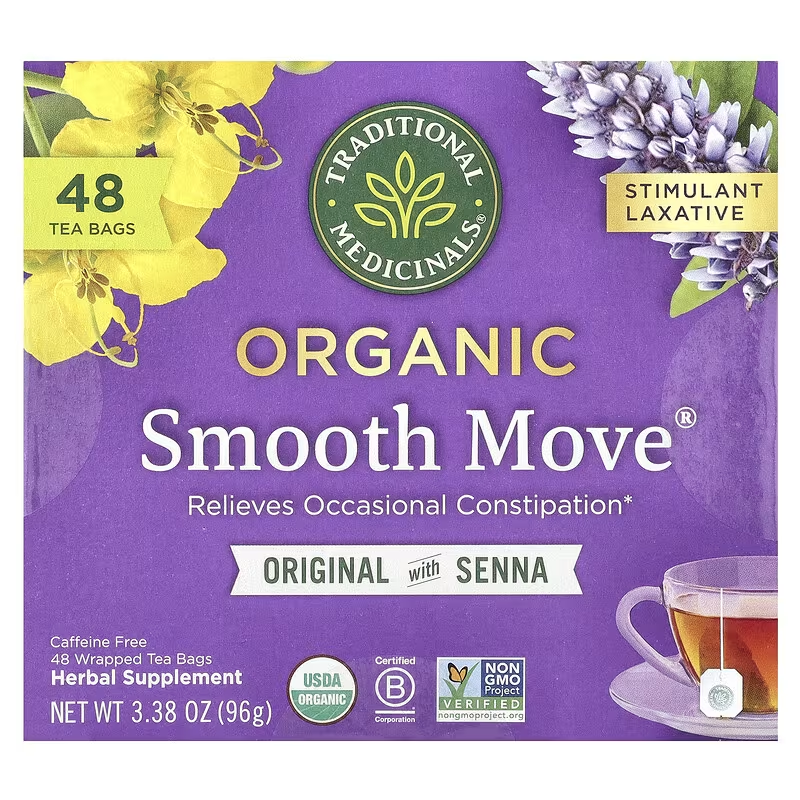Naturally Boost Lung Health: A Comprehensive Guide
Understanding Your Lungs: The Foundation of Respiratory Health
Your lungs, the vital organs responsible for oxygen intake and carbon dioxide expulsion, are complex and delicate. Their health directly impacts your overall well-being, affecting energy levels, physical performance, and susceptibility to illness. Maintaining optimal lung function is crucial throughout life, especially as we age. This comprehensive guide explores natural strategies to enhance lung health and combat common respiratory issues.
Nutrition: Fueling Your Respiratory System
A balanced diet rich in specific nutrients plays a crucial role in maintaining healthy lung function. Certain vitamins, minerals, and antioxidants possess potent anti-inflammatory and protective properties beneficial for the respiratory system.
-
Vitamin C: A powerful antioxidant, vitamin C combats oxidative stress, protecting lung cells from damage caused by free radicals. Excellent sources include citrus fruits, berries, and leafy green vegetables. Consider incorporating these into your daily diet for optimal intake. Studies suggest a correlation between higher vitamin C intake and reduced risk of respiratory illnesses.
-
Vitamin D: Emerging research highlights the importance of vitamin D in respiratory health. It plays a role in immune function, potentially reducing the severity of respiratory infections. Sunlight exposure is a primary source, with supplementation necessary during periods of limited sun exposure or deficiency. Regular blood tests can help determine optimal vitamin D levels.
-
Vitamin E: Another powerful antioxidant, vitamin E protects lung cells from damage. Found in nuts, seeds, and leafy green vegetables, its inclusion in a balanced diet supports overall lung health. Studies have shown a correlation between adequate vitamin E intake and reduced risk of chronic obstructive pulmonary disease (COPD).
-
Beta-Carotene: This precursor to vitamin A is a potent antioxidant, crucial for maintaining the integrity of the respiratory tract’s lining. Abundant in brightly colored fruits and vegetables like carrots, sweet potatoes, and spinach, regular consumption contributes to robust lung health.
-
Selenium: An essential trace mineral with antioxidant properties, selenium protects against lung damage. Brazil nuts are an exceptionally rich source, while other sources include tuna, eggs, and whole grains. Maintaining adequate selenium levels contributes to overall respiratory well-being.
-
Omega-3 Fatty Acids: These essential fatty acids possess anti-inflammatory effects, reducing inflammation in the airways and potentially mitigating asthma symptoms. Found in fatty fish like salmon, mackerel, and sardines, adding these to your diet can support healthy lung function. Flaxseeds and chia seeds are excellent plant-based sources of omega-3s.
Hydration: The Unsung Hero of Lung Health
Adequate hydration is paramount for optimal lung function. Water thins mucus, making it easier to expel from the lungs, thereby preventing congestion and reducing the risk of infection. Aim for at least eight glasses of water daily, adjusting intake based on individual needs and activity levels.
Herbal Remedies: Harnessing Nature’s Power
Several herbal remedies have shown promise in supporting lung health. Always consult a healthcare professional before using herbal remedies, especially if you have pre-existing health conditions or are taking medications.
-
Eucalyptus: Known for its expectorant properties, eucalyptus helps loosen and clear mucus from the airways. Inhalers containing eucalyptus oil can provide temporary relief from congestion.
-
Ginger: Possessing anti-inflammatory and antioxidant properties, ginger can soothe irritated airways and reduce inflammation. Consuming ginger tea or adding fresh ginger to meals can be beneficial.
-
Licorice Root: Traditional medicine utilizes licorice root to combat respiratory infections. It exhibits antiviral and anti-inflammatory properties, potentially aiding in reducing inflammation and improving lung function. However, prolonged use requires medical supervision due to potential side effects.
-
Garlic: Rich in allicin, a sulfur-containing compound with antimicrobial properties, garlic supports immune function and protects against respiratory infections. Including garlic in your diet can contribute to stronger respiratory defense mechanisms.
Lifestyle Modifications: Strengthening Respiratory Resilience
Beyond diet and herbal remedies, specific lifestyle modifications play a significant role in maintaining lung health.
-
Regular Exercise: Regular physical activity strengthens the respiratory muscles, improving lung capacity and efficiency. Moderate-intensity aerobic exercises such as brisk walking, swimming, or cycling are excellent choices. Consult your doctor before starting any new exercise regime.
-
Quit Smoking: Smoking is the leading cause of lung disease. Quitting smoking is the single most impactful step you can take to protect your lungs. Seek professional support if needed – resources are available to help you overcome nicotine addiction.
-
Avoid Air Pollution: Exposure to air pollutants irritates the lungs and contributes to respiratory problems. Minimize exposure by limiting time spent outdoors during periods of high air pollution, using air purifiers indoors, and choosing eco-friendly transportation options.
-
Manage Stress: Chronic stress can negatively impact the immune system, increasing susceptibility to respiratory infections. Practice stress-reducing techniques like yoga, meditation, or deep breathing exercises to maintain a healthy equilibrium.
-
Maintain a Healthy Weight: Obesity is linked to a higher risk of respiratory problems. Maintaining a healthy weight through a balanced diet and regular exercise helps protect respiratory function.
-
Avoid Allergens: Exposure to allergens such as pollen, dust mites, and pet dander can trigger allergic reactions, negatively impacting lung health. Identify your allergens and take measures to minimize exposure, consulting an allergist for personalized advice.
-
Get Enough Sleep: Sufficient sleep is essential for immune function and overall health, directly impacting the body’s ability to fight off respiratory infections. Aim for 7-9 hours of quality sleep per night.
Respiratory Exercises: Enhancing Lung Capacity
Deep breathing exercises and specific respiratory techniques can strengthen the respiratory muscles and improve lung function. These exercises should be performed regularly, ideally under the guidance of a qualified healthcare professional, especially if you have underlying respiratory conditions.
-
Diaphragmatic Breathing: This technique involves deep abdominal breathing, maximizing lung capacity and improving oxygen intake.
-
Pursed-Lip Breathing: This technique involves exhaling slowly through pursed lips, helping to control airflow and reduce shortness of breath.
-
Huff Coughing: This technique involves a series of short forceful coughs, clearing mucus from the airways. It’s particularly helpful for those with chronic respiratory conditions.
-
Controlled Breathing: Controlled breathing techniques help regulate breathing patterns and reduce breathlessness, particularly beneficial for individuals with asthma or COPD.
When to Seek Professional Medical Attention:
While natural strategies can significantly improve lung health, it’s vital to seek professional medical attention for persistent or worsening respiratory symptoms. Consult a doctor immediately if you experience:
- Persistent cough
- Shortness of breath
- Chest pain
- Wheezing
- Frequent respiratory infections
- Blood in sputum
- Unexplained weight loss
This detailed guide provides a comprehensive overview of natural methods to boost lung health. Remember, maintaining optimal lung function requires a holistic approach, incorporating dietary changes, lifestyle modifications, and when necessary, professional medical guidance. Prioritize your respiratory well-being for improved quality of life and overall health.











